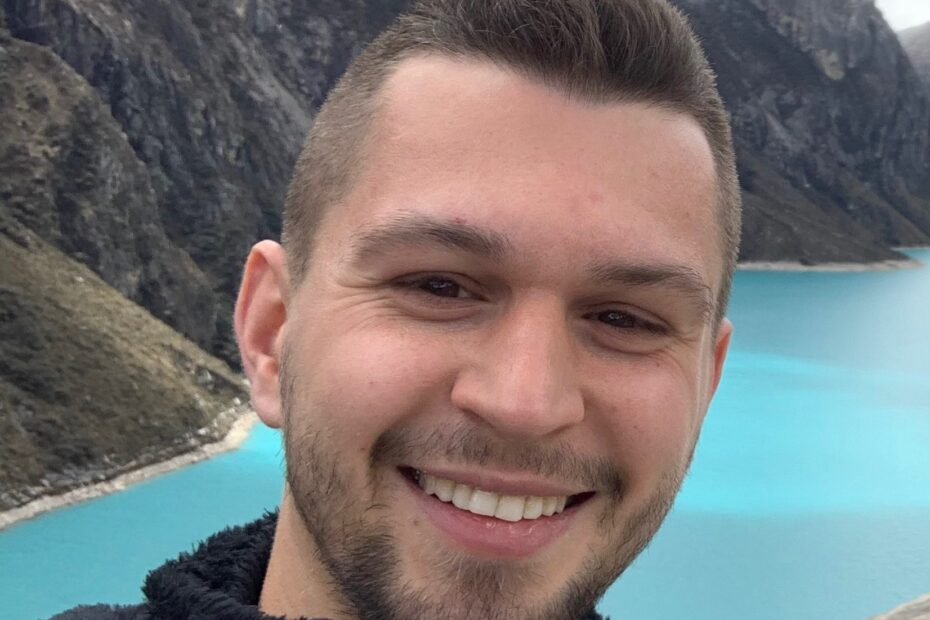Background
Driven by a strong curiosity about the core mechanisms underlying the natural world, I enrolled for a BSc in Bio-engineering at University of Antwerp that I completed in 2014. During this first encounter I quickly realized my strengths and interests were in the fields of molecular biology and computational analysis, so I went on to obtain an MSc in Bioscience Engineering at Ghent University in 2016, with specialization towards plant biotechnology and bioinformatics. The urge to contribute to sustainable food production in the face of climate change combined with the intriguing notion that plants are perceived as simple forms of life, but they have developed astounding strategies at the cellular and molecular level to cope with a sessile existence led me to pursue a PhD on the molecular framework of de novo shoot organogenesis in Arabidopsis thaliana. After getting my doctoral degree in 2022, I continued working as a postdoctoral researcher oriented at single cell regeneration and technologies in a more applied context.
Research
Plant cells exhibit extraordinary developmental plasticity, enabling them to reconstruct tissues and organs upon wounding or artificial induction. Although various biotechnological applications rely on it, many plant species, genotypes and tissues remain recalcitrant to in vitro regeneration and the underlying framework is not well understood. After applying technologies like GWAS, phosphoproteomics and chemical genetics to study shoot regeneration from roots in Arabidopsis during my PhD, I am now coordinating research into microspore embryogenesis as part of the Genesis project. This involves single cell RNA sequencing of heat-shocked microspore cultures to dissect their developmental trajectories and create transgenics that allow studying the role of hormone responses, cell death, metacaspases, inter-organelle signaling and membrane dynamics in the transition of pollen precursors to haploid embryos. Besides, I also contribute to PASCell, aiming to enhance regeneration of plants from microspores and protoplasts by AI-guided flow sorting and optimization of culture conditions. Ultimately, both projects aspire to accelerate the breeding of elite cultivars via doubled haploid production, genome editing, etc.
